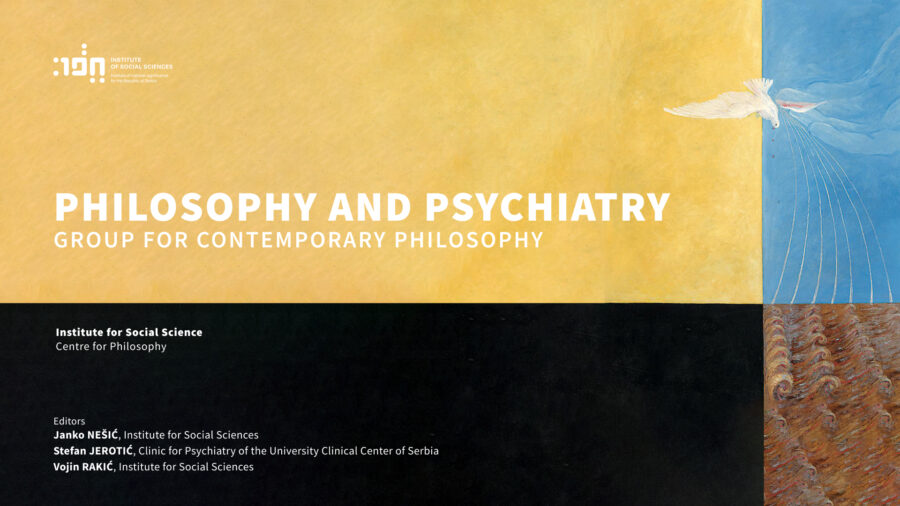The framework of linguistic scorekeeping, put forward by dr Stefan Reiner in his lecture titled “Scorekeeping in a Therapeutic Language Game”, can be useful for understanding the linguistic mechanisms employed in talking therapies.
In the lecture held on January 25th in the Grand Hall of the Institute of Social Sciences (via Zoom and in front of a live audience), a postdoctoral researcher Stefan Rinner from Ludwig Maximilian University of Munich emphasized how David Lewis in “Scorekeeping in a Language Game,” has drawn a compelling analogy between conversations and baseball. Much like a baseball game, conversations operate with a score that, along with rules for proper engagement, determines the acceptability or truthfulness of utterances throughout the dialogue. Despite these parallels, a critical distinction arises between conversations and baseball – the conversational score dynamically adjusts, allowing uttered statements to be considered correct play. This dynamic adjustment is referred to as accommodation.
Building upon the scorekeeping framework for language use, the primary objective of Reiner’s presentation was to enhance our comprehension of how talking therapies’ methods and interventions function linguistically. According to the scorekeeping model, the efficacy of talking therapies lies in altering the score of the therapeutic conversation, predominantly through accommodation. This insight carries significant implications for therapeutic practices, underscoring the necessity of training therapists in the linguistic nuances of therapeutic methods, particularly the skilful use of accommodation.
Stefan Reiner’s lecture was the first in the 2024 series of seminars on “Philosophy and Psychiatry” organised by the Center for Philosophy at the Institute of Social Sciences.

